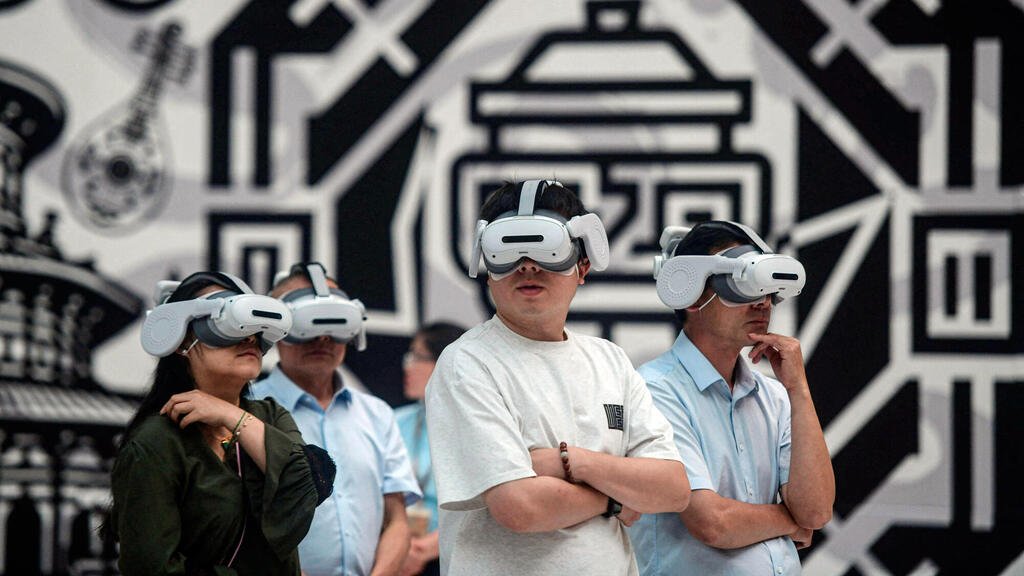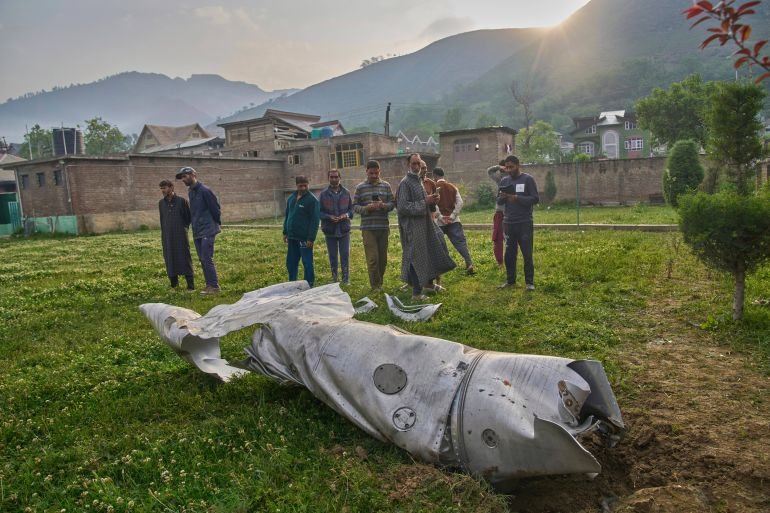China today reacted to India’s assertion of ‘upholding religious freedom’ of Tibetans in choosing the successor to 14th Dalai Lama Tenzin Gyatso. China’s Ambassador to India Xu Feihong posted a message on social media platform X on Sunday saying “the reincarnation and succession of the Dalai Lama is inherently an internal affair of China… No interference by any external forces will be allowed”.
The Ministry of External Affairs had on July 4 said: “Government of India does not take any position or speak on matters concerning beliefs and practices of faith and religion…Government has always upheld freedom of religion for all in India and will continue to do so.”
The Minority Affairs Minister Kiren Rijiju on Thursday had said that only the Dalai Lama and the organisation he has set up have the authority to identify his successor as the spiritual head of Tibetan Buddhism.
China’s Ambassador to India said remarks regarding the reincarnation of the Dalai Lama have been noted and added “Chinese government opposes any attempts by overseas organisations or individuals to interfere in or dictate the reincarnation process.”
Xizang – that is China’s s given name for Tibet — was an inalienable part of China’s territory. Tibetan Buddhism traces its origins to China’s Qinghai-Tibet Plateau. The primary regions where Tibetan Buddhism is practiced are within China. The lineage of the Dalai Lamas took shape and evolved within China’s Tibet region, said the Ambassador.
He said the religious status and titles is the prerogative of the central government of China. He added that the Chinese government upholds the principle of independence and self-governance in religious affairs and administers the reincarnation of Living Buddhas, including that of the Dalai Lama, in accordance with the law.









